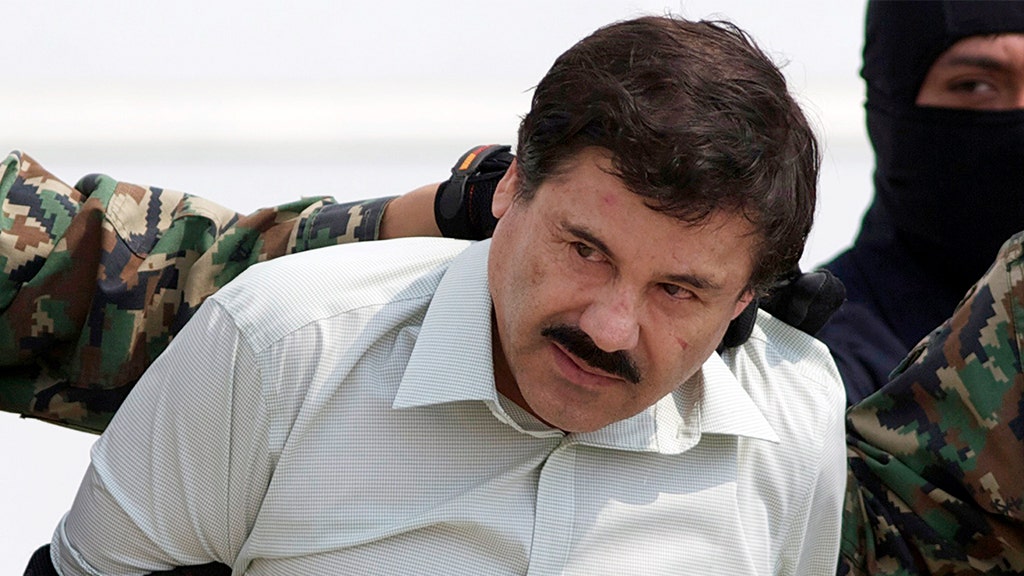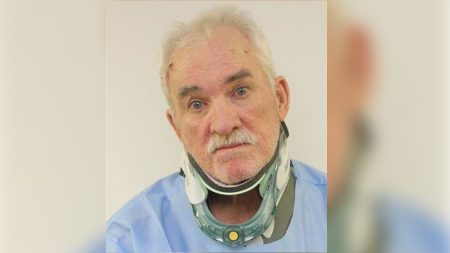Convicted Mexican drug lord Joaquín “El Chapo” Guzmán has filed a complaint alleging that he has been unable to receive phone calls or visits from his twin daughters while serving a life sentence in a maximum-security U.S. prison. In a letter to District Court Judge Brian M. Cogan, Guzmán expressed frustration over not being able to communicate with his daughters for seven months, claiming that he was being discriminated against. He requested authorization for his daughters to visit him in prison, stating that they can only do so during school breaks as they are studying in Mexico.
Judge Cogan responded to Guzmán’s complaint, denying his request for visitation with his daughters. He explained that all arrangements regarding Guzmán’s communication with the outside world are in the hands of the U.S. Bureau of Prisons, and as such, the request must be denied. Guzmán, known as Mexico’s most notorious drug lord, was convicted in New York in February 2019 for running an industrial-scale drug smuggling operation and was sentenced to life in prison in July 2019. He ran the Sinaloa cartel, one of the world’s largest drug trafficking organizations, responsible for smuggling large quantities of drugs into the United States.
During his 25-year reign, Guzmán’s cartel was involved in numerous murders and smuggling operations in the U.S. He also gained notoriety for his daring prison escapes, managing to flee from Mexican prisons multiple times before being captured and ultimately sentenced to life imprisonment at the Administrative Maximum U.S. Penitentiary in Florence, Colorado – one of America’s most secure prisons. Guzmán’s most famous escape involved a mile-long tunnel dug into the shower in his cell in 2015. Despite his imprisonment, his criminal activities and influence continue to have repercussions in the world of drug trafficking.
While Guzmán’s complaint about restricted communication with his daughters highlights his personal struggles in prison, it also sheds light on the challenges faced by inmates serving life sentences in maximum-security facilities. The limitations placed on communication and visitation rights can have significant impacts on the mental health and well-being of prisoners, especially those like Guzmán who have strong family ties. The denial of Guzmán’s request for visitation with his daughters underscores the strict protocols and security measures in place at the ADX prison to prevent high-risk inmates from maintaining outside connections and potentially continuing criminal activities.
As Guzmán continues to serve his life sentence behind bars, his case serves as a reminder of the enduring legacy of drug cartels and the ongoing battle against organized crime. Despite being removed from the streets, his past actions and criminal empire continue to have far-reaching consequences, both in Mexico and the United States. The story of El Chapo remains a cautionary tale of the power and dangers associated with the world of drug trafficking, as well as the challenges of law enforcement in combating such criminal enterprises.















